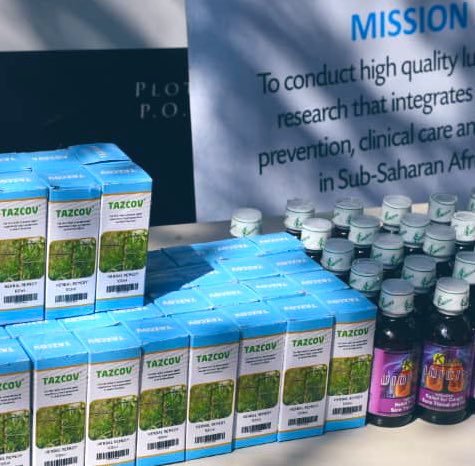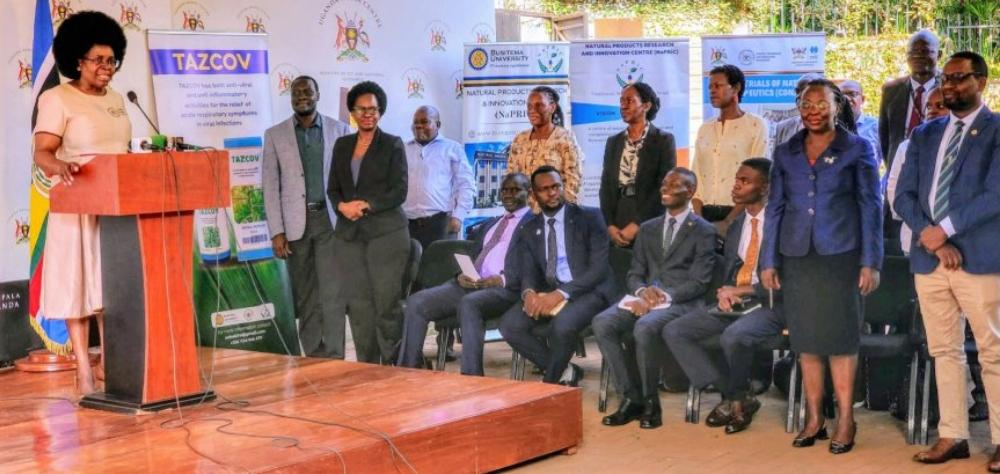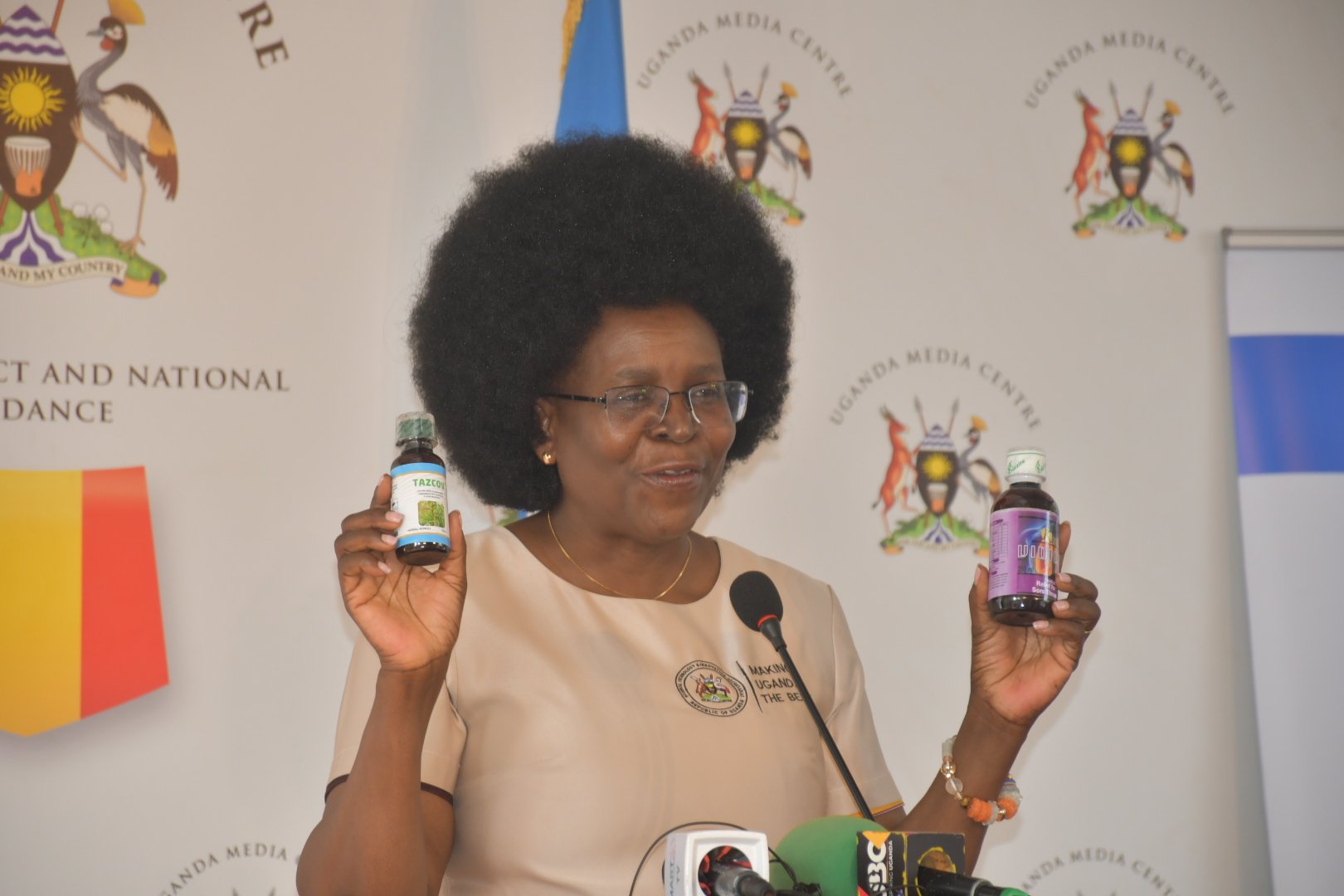The Science, Technology, and Innovation Secretariat – Office of the President has revealed major breakthrough in Uganda’s healthcare sector, with locally produced herbal medicines demonstrating promising results in treating acute respiratory illnesses.
Dr. Monica Musenero, the Honourable Minister in STI-OP, described the results of a recent clinical trial as a “major breakthrough” for thousands of Ugandans suffering from respiratory conditions such as obstructive pulmonary disease, asthma, influenza, and pneumonia, particularly in rural areas.

The study was conducted by the Makerere University Lung Institute (MLI) under the Clinical Trial of Natural Therapeutics (CONAT) platform.
Acute Respiratory Tract Infections (ARTIs) remain a leading cause of morbidity and mortality globally, accounting for approximately 3.9 million deaths annually.
In Uganda, ARTIs have been particularly devastating among children under five, contributing to about 9% of all deaths. With over 14 million cases reported in Uganda annually, outpatients spend about UGX 12,000 per episode of treatment, while inpatients incur costs of up to UGX 600,000 per admission.

To address this public health challenge, the CONAT platform was established to standardize, evaluate, and commercialize herbal medicines. The study, funded by STI-OP, marks Uganda’s first clinical trial on natural therapeutics aimed at integrating herbal medicine into the formal healthcare system.
Clinical Trial Methodology and Findings
The Phase 2A clinical trial, conducted between March 2023 and July 2024, involved 510 adult participants aged 18 years and above. These individuals were drawn from nine (9) public health facilities in Kampala. Participants were randomly assigned to receive either:
Standard of Care (SOC) only
SOC + Investigational Medicinal Product 1 (IMP1)
SOC + Investigational Medicinal Product 2 (IMP2)
The study aimed to assess the safety and efficacy of the two herbal medicines in treating acute respiratory illnesses such as Influenza Type A & B, COVID-19, and Respiratory Syncytial Virus (RSV).
Key Findings from the Trial
Patients who received the herbal medicines alongside standard treatment recovered faster, with symptom resolution occurring on average in four (4) days, compared to six (6) days for those on standard care alone. The likelihood of alleviating symptoms like cough, sore throat, and fever was also higher among those who received the herbal medications.
Laboratory studies confirmed that both herbal medicines had strong antiviral properties. Among the patients who tested positive for respiratory viruses, the herbal medicines were observed to clear the infection faster than standard treatments alone.
The herbal medicines exhibited a good safety profile, with no significant side effects reported among the majority of participants. A few individuals experienced mild side effects like heartburn, dizziness, and abdominal fullness, which resolved within three days without requiring medical intervention.
Uganda has a rich history of traditional herbal medicine, but these products have remained largely unregulated and poorly packaged, limiting their acceptance in mainstream healthcare. The lack of scientific evidence has also hindered their commercial potential.
Dr. Musenero emphasized that scientific validation and clinical trials will allow Uganda to transition herbal medicine from a subsistence practice to a formal industry. She highlighted the economic potential of Uganda’s biodiversity, stating:
“It is time for Uganda to leverage the abundance of flora to tap into the global market for natural therapeutics, valued at over USD 216.4 billion.”
The findings from this study support the advancement of these herbal medicines toward national drug registration and commercialization by the National Drug Authority (NDA).
Further Studies and Regulatory Approvals – The research team recommends Phase 3 clinical trials to expand the study and validate the effectiveness of the herbal medicines on a larger population.
National Drug Registration – The herbal medicines will undergo quality assessment and regulatory approval by the National Drug Authority (NDA) before they can be integrated into the national healthcare system.
Commercialization and Mass Production – The study paves the way for the mass production and export of standardized herbal medicines, contributing to Uganda’s Pathogen Economy Strategy.
Support for Herbalists – The government plans to train and integrate traditional herbalists into the commercial sector by standardizing production processes and improving product packaging.




